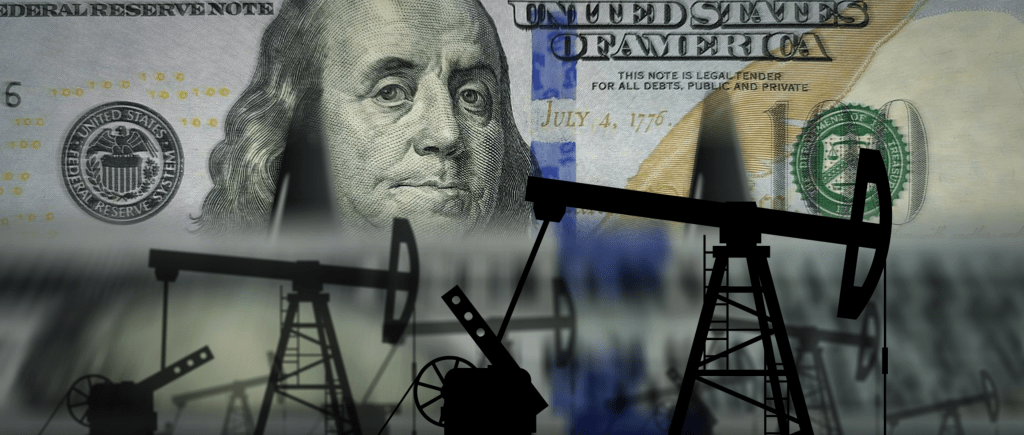Oil prices rose by more than a dollar on Friday as reports came in that the US military bombed Iranian targets in Syria, once again raising fears of a widening conflict between Israel and Hamas that could affect supplies from the Middle East.
By 0638 GMT, Brent crude futures for December delivery rose $1.32, or 1.5 percent, to $89.25 per barrel. US West Texas Intermediate crude futures for December delivery also increased by $1.29, or 1.6 percent, to $84.50 per barrel.
The Pentagon said on Thursday that the strikes on two facilities in eastern Syria used by the Iranian Revolutionary Guard and groups it supports came in response to recent attacks on US forces in Iraq and Syria, attacks that have increased since the conflict between Israel and Hamas began on October 7.
Although the strikes did not directly affect supplies, fears increased that the conflict in the Gaza Strip could spread and disrupt supplies from major crude oil producer Iran, which supports Hamas. A broader war could also affect shipments from Saudi Arabia, the world’s largest oil exporter, and other major producers in the Gulf.
However, the two crude oil prices are heading towards recording the first weekly decline in three weeks, as the premium related to geopolitical concerns declined slightly when oil supplies from outside the immediate conflict zone were not affected.
Analysts from Goldman Sachs kept their expectations for the price of Brent in the first quarter of 2024 at $95 per barrel, but added that the decline in Iranian exports may push core prices to rise by about five percent.
They indicated in a memorandum that prices could jump by up to 20 percent if the least likely possibility materializes, which is the disruption of trade through the Strait of Hormuz, through which 17 percent of global oil production passes.
Analysts said that the voluntary production cuts from Saudi Arabia and Russia, which will remain in effect until the end of the year, led to a lack of supplies in global markets and supported prices.
 Noor Trends News, Technical Analysis, Educational Tools and Recommendations
Noor Trends News, Technical Analysis, Educational Tools and Recommendations





